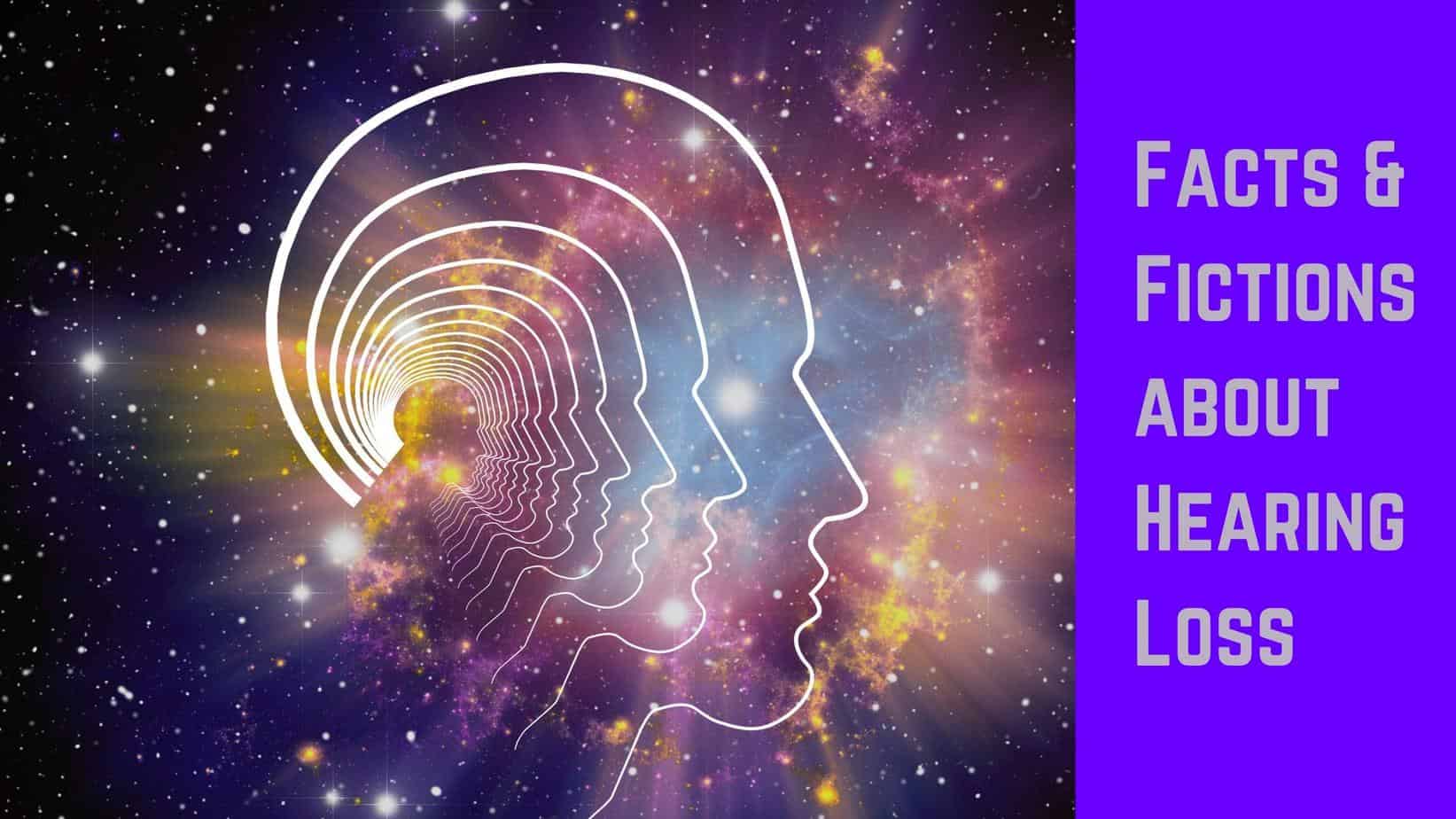
Facts and Fictions about Hearing Loss
Many people are reluctant to talk about their hearing loss. There’s a stigma attached to hearing loss, and no one wants to admit that they’re getting older. However, hearing loss affects people of all ages, and hearing loss isn’t a sign of aging! These are some of the common facts and fiction about hearing loss.
Fiction: Hearing Loss Shows I’m Getting Old
Fact: People of all ages can experience hearing loss. Even children and teens have hearing loss. Hearing loss can be caused by aging, but there are a number of other causes of hearing loss. For example, people of any age can experience hearing loss due to exposure to loud noise. Other causes of hearing loss include illnesses like an ear infection, or a head or neck injury that damaged the ear or the auditory regions of the brain. Aging also plays a role in hearing loss, but age-related hearing loss can start as early as your late 40s or early 50s, long before anyone will think you’re old.
Fiction: Hearing Loss is Uncommon
Fact: Hearing loss is way more common than you might think! It’s estimated that around 50 million Americans have some hearing loss. That’s about 15% of the population. There is a good chance you know at least a couple of people with hearing loss, but many people are reluctant to talk about hearing loss. Hearing loss does get more common as we age. Roughly half of adults over the age of 75 have some hearing loss.
Fiction: I’ll Be the First to Know If I Have Hearing Loss
Fact: Your family will be the first to notice your hearing loss! You might not actually notice your hearing loss right away. That’s because hearing loss is usually quite a gradual process. You won’t wake up one morning and notice a big change in your hearing. Instead, your hearing abilities start to shift slowly over several weeks or months. As your hearing changes, your brain does a good job adjusting to these changes so that you don’t notice a big change in your hearing. Your family will be the ones to point out that you can’t hear them during conversations, that you miss the beeping of the stove alarm, or that you keep turning up the volume on the TV.
Fiction: It’s Other People’s Fault That I Can’t Hear
Fact: You might think that if other people would just speak louder, you’d be able to hear. But the fact is that the problem is in your ears. Even if your friends and family speak louder, you will still have difficulty hearing what they’re saying. That’s because hearing loss makes it hard to hear certain speech sounds, like consonant sounds. When you can’t hear these sounds, the words just won’t make sense. You need help hearing the sounds you’re missing. Making all the sounds louder won’t help you make sense of what’s being said.
Fiction: Until My Hearing Loss is Severe, I Don’t Need Hearing Aids
Fact: You should get hearing aids as soon as you notice any hearing loss. Waiting until your hearing gets worse will leave you struggling to hear for months or years, and it will reduce your quality of life. You’ll miss many special moments, and you’ll even start noticing other negative effects of hearing loss. For example, it will be harder to connect with loved ones, and you may face social isolation, loneliness, and even depression.
Fiction: Hearing Aids Don’t Work
Fact: Hearing aid technology gets better every year, and hearing devices make a huge difference in your hearing abilities. Did you try hearing aids a number of years ago? Or did you try over-the-counter assistive listening devices? The most helpful hearing aids are modern hearing aids that are professionally calibrated to match your exact hearing needs. By getting a hearing test and working with hearing health specialists to fit your hearing aids, you’ll find devices that really work
Our practice provides comprehensive hearing health services. We offer a wide selection of top-of-the-line hearing aids, and our team will help you find the right hearing aids. Whether you want a behind-the-ear device or an in-the-ear hearing aid, we’ll make sure you find a hearing aid that helps you hear clearly.
